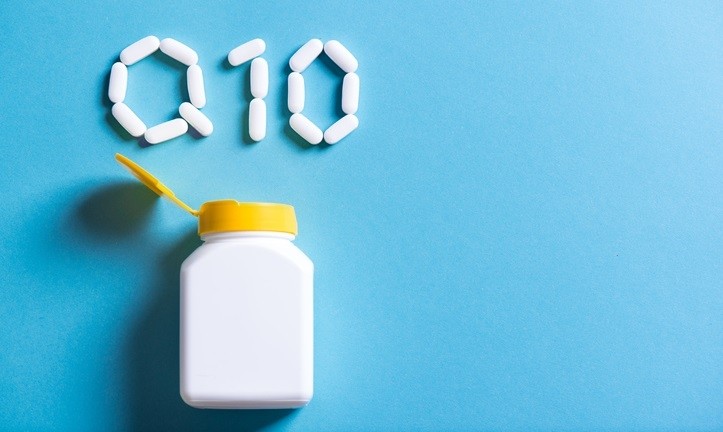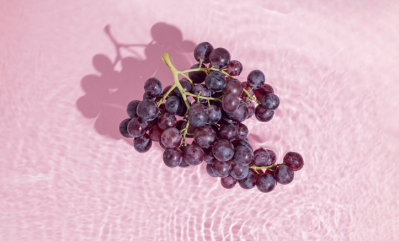South Korea reviews regulations for nine ingredients, including oat fibre, CoQ10, inulin

The nine raw materials are coenzyme Q10 (CoQ10), squalene, conjugated linoleic acid, N-acetyl glucosamine (NAG), oat fibre, inulin/chicory root extract, chitosan / chito-oligosaccharides, garcinia cambogia extract, and aloe gel.
Some of the precautions of use include “breastfeeding mothers should avoid consumption” and “consult a specialist when taking anticoagulants” for coenzyme Q10 products and “children, pregnant and lactating women to avoid consumption” for squalene products, the MFDS said in an announcement.
Conjugated linoleic acid products, on the other hand, should be stated with “people with liver disease should consult a specialist before consumption”.
The regulator has been revising the safety and functionality of health functional ingredients annually since year 2017.
“This revision was prepared to rationally revise standards and specifications, such as strengthening standards and specifications by reflecting the results of the re-evaluation of safety and functionality of nine types of functional ingredients.
“It is also to expand manufacturing methods so that various products can be developed and supplied as part of the Food and Drug Regulatory Innovation 2.0 Task, so that the public can consume safe health functional foods,” the regulator said.
The Food and Drug Regulatory Innovation 2.0 Task is designed to develop the country’s food and drug industry and strengthen its global competitiveness.
Changes to daily intake and heavy metal limits
The MFDS has also proposed to adjust the daily intake and heavy metal limits of health functional foods containing the nine raw materials.
For example, the daily intake of oat fibre has been increased from 3g to 4.5g and more if a product claims that oat fibre consumption could “help improve blood cholesterol.”
In addition, the maximum daily intake of (-)-hydroxycitric acid from garcinia cambogia extract has been increased from 1,500mg to 2,800mg.
The regulator explained that the daily intake was readjusted to an amount that could ensure functionality and safety.
On the other hand, heavy metal, such as lead should be kept at below 1.0 mg/kg, down from the previous 3.0 mg/kg for conjugated linoleic acid products. The maximum permitted limit of cadmium in conjugated linoleic acid is also similarly reduced from 1.5 mg/kg to 0.3 mg/kg.
The proposal is currently open for public consultation until September 25.
Aloe gel
At the same time, the MFDS has proposed to revise the specifications of anthraquinone-based compounds in aloe gel.
Anthraquinones are active components of various plant blends which are used as medicines and exhibit laxative, diuretic, estrogenic, and immunomodulatory effects.
In aloe vera, they are found in the outer pulp of the aloe leaves. Examples of anthraquinone-based compounds include aloin – a component said to give the plant its laxative qualities.
The MFDS is proposing that anthraquinone-based compounds, in the form of aloin A and B, should be 10 mg/kg or less.
At present, anthraquinone-based compounds, in the form of anhydrous barbaloin, is limited at 0.005 per cent or less.
In addition, the MFDS is proposing to expand the formats of aloe gel products to include pulverisation, filtering, and juice concentrate – only when safety and functionality are confirmed.
Currently, only dried powdered aloe gel raw materials could be used when manufacturing aloe gel products.
The MFDS believes that this would reduce the cost and time for manufacturers.
“With the expansion of raw material types, the industry can reduce the cost and time required for the powdering process, and it is possible to manufacture with various types of raw materials, helping to increase sales.
“At the same time, consumers are expected to be able to choose more diverse products,” it said.



















